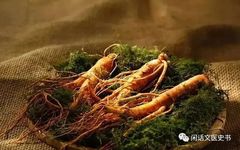A Brief Discussion on Ginseng
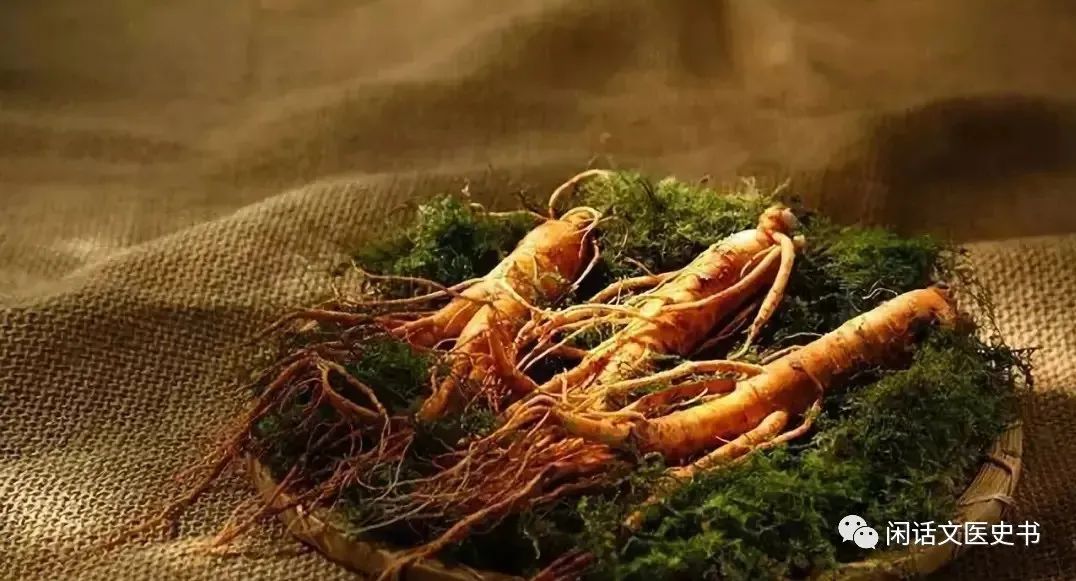
Summary: 1. Origin 2. Effects of Ginseng 1. Greatly tonifies Yuan Qi 2. Tonifies Spleen and Benefits Lungs 3. Generates Fluids 4. Calms the Spirit 5. Enhances Intelligence 3. Types of Ginseng 4. Resolving Excess Heat 5. The Three Treasures
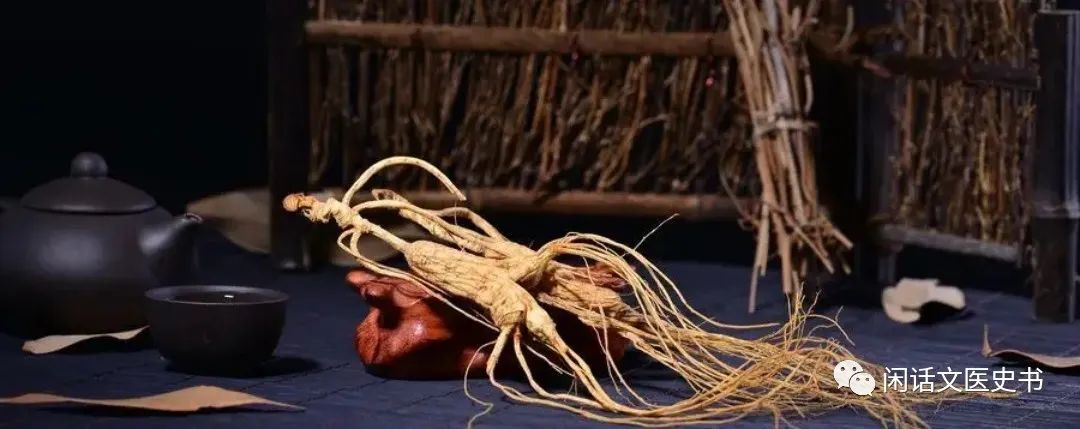
1. Origin Today, I received some ginseng sent by a friend, grown freely in the mountains for seventeen or eighteen years. The tonifying power of ginseng is substantial. For instance, when we feel tired while walking or running, we can suck on a piece of ginseng, and we won’t feel fatigued during exercise. According to that friend, he ate a very small piece one day and then had a nosebleed. This indicates that he exceeded the body’s capacity to handle it. Therefore, everything must be done in moderation; it cannot be insufficient or excessive. Thus, we Chinese particularly emphasize moderation, which is what the ancient Chinese referred to as the Doctrine of the Mean.
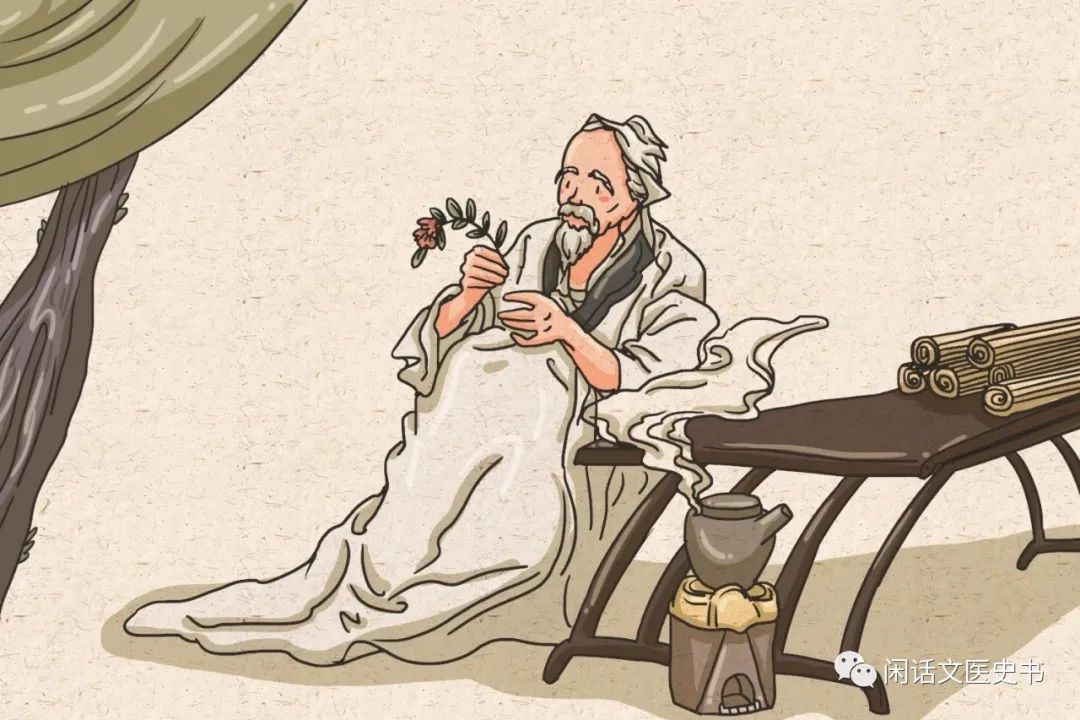
2. Effects of Ginseng Ginseng is a fine medicine that can greatly tonify Yuan Qi and rescue those in critical condition. It is listed as a superior herb in the Shennong Bencao Jing (Shennong’s Classic of Materia Medica). Superior herbs can be taken for a long time and promote longevity. The Shennong Bencao Jing states: “Ginseng is sweet, slightly cold, and non-toxic. It primarily tonifies the five organs, calms the spirit, stabilizes the soul, stops palpitations, eliminates evil qi, brightens the eyes, enhances intelligence, and prolonged use lightens the body and extends life.”1. Greatly Tonifies Yuan Qi According to Chinese Herbal Medicine, ginseng has the effects of greatly tonifying Yuan Qi, tonifying the Spleen and benefiting the Lungs, generating fluids, calming the spirit, and enhancing intelligence. Its ability to greatly tonify Yuan Qi can be used to treat Yuan Qi deficiency, such as in the formulas Du Shen Tang (Ginseng Decoction) and Shen Fu Tang (Ginseng and Aconite Decoction). 2. Tonifies Spleen and Benefits Lungs It can also tonify the Spleen and benefit the Lungs, which are the two organs most prone to Qi deficiency. The Spleen and Lungs are also the two most important organs for generating Zong Qi (ancestral qi). For example, ginseng is used in the Bu Fei Tang (Lung Tonifying Decoction). Additionally, our most familiar foundational formula for tonifying the Spleen and Qi, Si Jun Zi Tang (Four Gentlemen Decoction), also contains ginseng. Ginseng can also tonify Kidney Qi; the Ming dynasty physician Zhang Jingyue had a formula called Da Bu Yuan Jian (Greatly Tonifying Yuan Decoction) used to treat Kidney Qi deficiency, which also includes ginseng. 3. Generates Fluids Ginseng can also generate fluids; in the Jin Gui Yao Lue (Essential Prescriptions from the Golden Cabinet), there is a formula called Bai Hu Jia Ren Shen Tang (White Tiger Decoction with Ginseng) used to treat heat in the Qi level causing fluid damage and thirst, which can be used to treat diabetes. 4. Calms the Spirit Ginseng can also calm the spirit. It can be used to treat insomnia; for example, in the Gui Pi Tang (Restore the Spleen Decoction) for treating deficiency of both Heart and Spleen Qi and Blood, ginseng is included. 5. Enhances Intelligence Ginseng can also enhance intelligence. An ancient famous formula from the Tang dynasty herbalist Sun Simiao is called Kong Sheng Zhen Zhong Dan (Confucius’s Pillow Elixir), which consists of tortoise shell, dragon bone, calamus, and polygala, and can treat forgetfulness. A Ming dynasty physician named Wu Kun said: “Knowledge is easily forgotten; this formula helps one become clever.” This means that if we have difficulty remembering while studying or a decline in memory, we should take Kong Sheng Zhen Zhong Dan, as this formula can enhance intelligence. Since ginseng tonifies Yuan Qi, calms the spirit, and enhances intelligence, we can add ginseng to the basis of Kong Sheng Zhen Zhong Dan to enhance its effects.
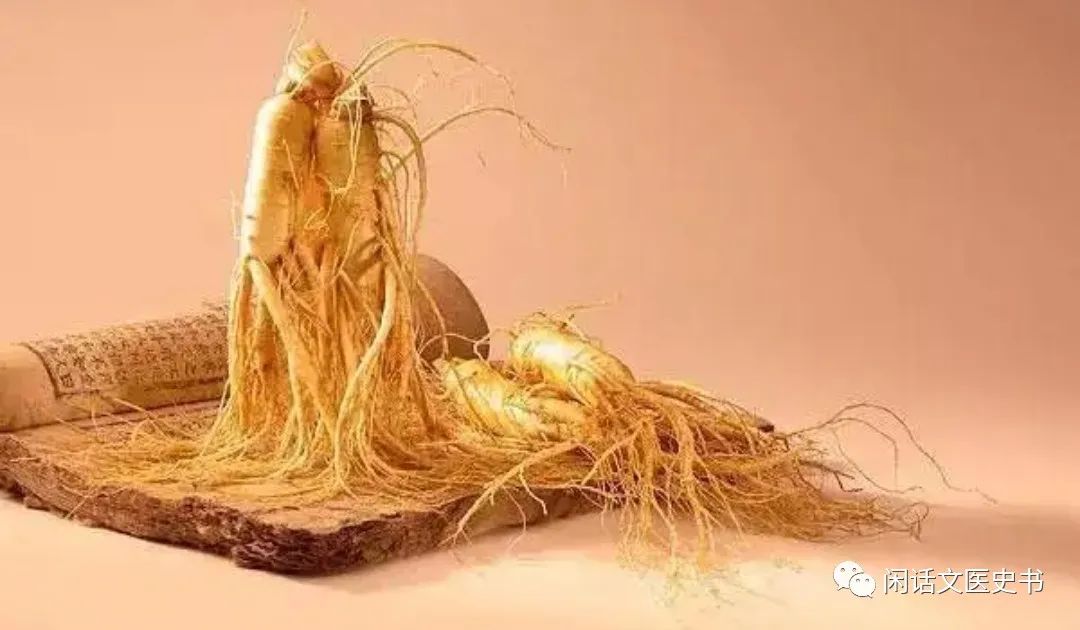
3. Types of Ginseng There are many types of ginseng. Since we have mentioned ginseng, let’s also discuss other common types. 1. American Ginseng First is American ginseng, also known as Hua Qi Shen (Flower Flag Ginseng). American ginseng can tonify Qi, nourish Yin, clear heat, and generate fluids. It is a dual Qi and Yin tonifying herb, and it tonifies while also clearing, so friends who are prone to excess heat can take American ginseng. The more affordable dual Qi and Yin tonifying herbs are yam and polygonatum. We can choose based on our needs, especially regarding price; American ginseng is relatively expensive but very effective. For daily health maintenance, we can use yam or polygonatum. Because tonification is a gradual process, like the gentle rain of spring, it subtly benefits the body. Just like crops in spring and summer, we do not see their growth, but over time, we see the results. 2. Codonopsis Another common type is codonopsis, which can also tonify the Qi of the Lungs and Spleen. It is the best substitute for ginseng. Of course, the great tonifying effect of ginseng cannot be replaced by any other herb. All types of ginseng can generate fluids, whether it is ginseng, American ginseng, codonopsis, or prince ginseng; they all have the effect of generating fluids. Moreover, codonopsis has a unique characteristic: it can tonify Blood. Therefore, when treating Blood deficiency, we can use Si Wu Tang (Four Substance Decoction) with added codonopsis to enhance the effect. 3. Prince Ginseng There is also prince ginseng, which can tonify Qi, strengthen the Spleen, and generate fluids to moisten the Lungs. The medicinal properties of prince ginseng are relatively mild. From the effects of prince ginseng, it can also dual tonify Qi and Yin. For children with Lung and Spleen Qi deficiency, we can use prince ginseng for treatment. Ginseng should not be used with Li Lu (Veratrum).
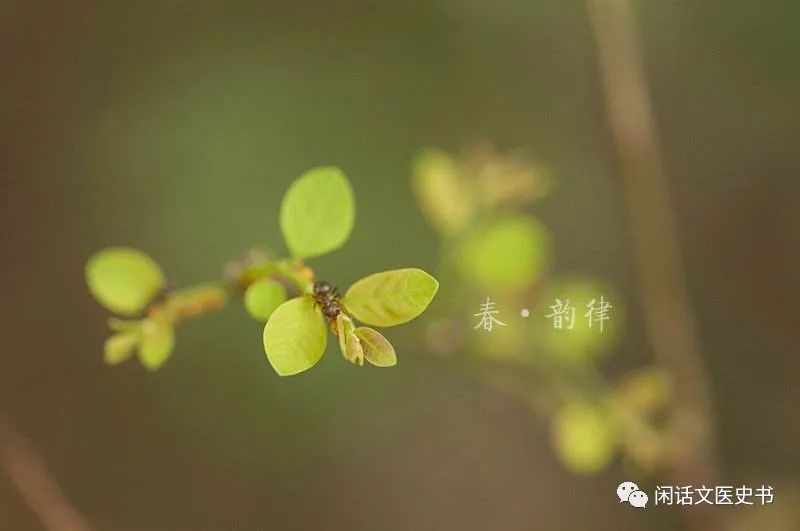
4. Resolving Excess Heat A common issue when consuming ginseng is excess heat. What does heat mean? The Huang Di Nei Jing (Yellow Emperor’s Inner Canon) states: “Excess Qi is fire,” meaning surplus energy. This is why many people experience excess heat after consuming ginseng; it is because they have taken too much. The dosage of ginseng should be determined based on individual circumstances; initially, one should not take too much, starting with a small amount and gradually increasing. Another reason is weak Spleen and Stomach, which cannot process this energy. Additionally, if the body’s meridians are not smooth, Qi may enter the body, but if there is stagnation, this Qi will become trapped in certain areas, leading to heat, which is referred to as excess heat. The body is very intelligent and will express excess heat through symptoms such as nosebleeds, gum bleeding, or skin eruptions, expelling this excess trapped energy to maintain balance. The solution is to consume an appropriate amount of ginseng, strengthen the Spleen and Stomach’s processing power, and if there is meridian stagnation, one should clear the meridians before tonifying. Alternatively, after consuming ginseng, one can exercise, as exercise can enhance blood circulation, distributing the power of ginseng throughout the body, thus preventing excess heat. Ginseng also has ginseng hairs and ginseng leaves; that friend also mentioned that for ordinary people, consuming ginseng hairs is sufficient for tonification. Ginseng hairs also have the effects of tonifying Qi, generating fluids, and alleviating thirst; pharmacologically, they are similar to ginseng, but their tonifying power is far less than that of ginseng. Ginseng leaves have the effects of tonifying Qi, benefiting the Lungs, dispelling summer heat, and generating fluids; they can also achieve the dual tonification of Qi and Yin, but their effects are relatively mild. For daily health maintenance, using ginseng hairs or ginseng leaves to tonify Qi and generate fluids is sufficient. It is evident that ginseng is a treasure. As the saying goes: “The family of the prime minister has seven ranks of officials.” Ginseng is the same; ginseng is a fine medicine for tonifying Qi, so whether it is ginseng hairs or ginseng leaves, they all have the effects of tonifying Qi and generating fluids. It is amazing how nature creates such wonders.
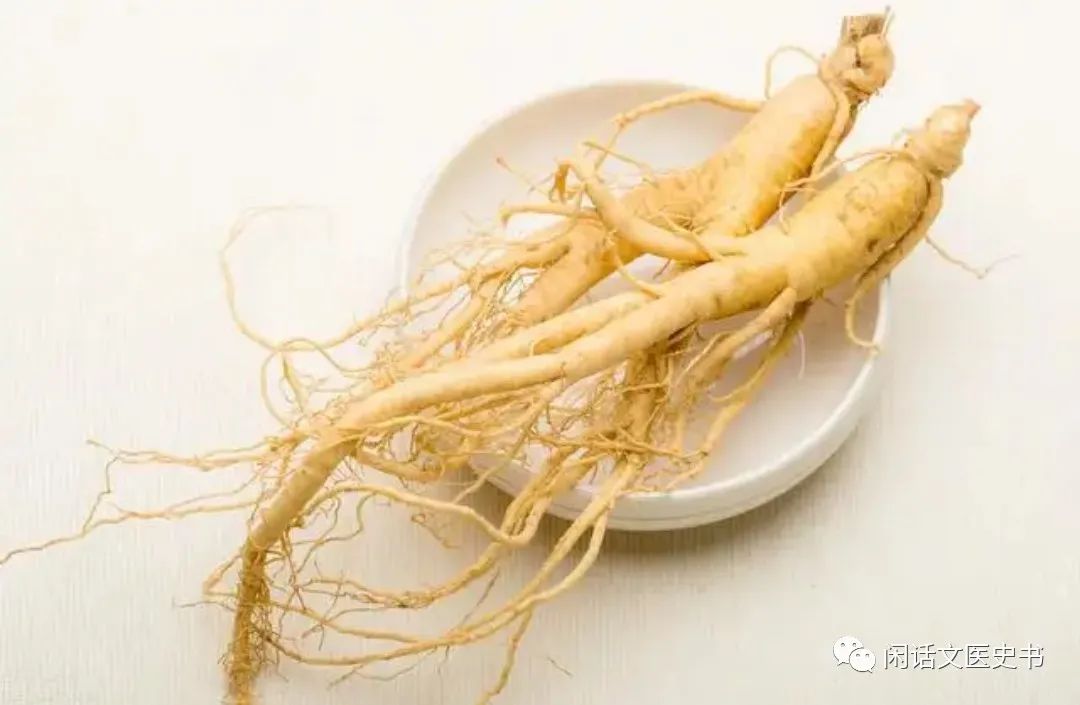
5. The Three Treasures How do we consume ginseng? Generally, it is decocted separately. When taking ginseng, and fearing excess heat, what should we do? We can use some assisting or regulating herbs that can also tonify Qi and generate fluids without causing excess heat. In ancient China, there was the concept of the Three Treasures: “Heaven, Earth, and Man.” Therefore, we can also explain the use of ginseng with Heaven, Earth, and Man. This not only utilizes the effects of ginseng but also incorporates the blessings of Heaven, Earth, and Man, as words and culture also have power. Heaven Dong Cong Earth Huang Man Ginseng We can use these three to brew water, minimizing the drawbacks of excess heat. Dong Cong (Asparagus cochinchinensis) is sweet and cold in nature, nourishing the Yin of the Lungs and Kidneys. The Lungs and Kidneys have a mutually beneficial relationship in the Five Elements; metal generates water, so using Dong Cong has the benefit of metal and water generating each other. This means that the Lungs are the mother of the Kidneys. When Lung Yin is sufficient, Kidney Yin is also sufficient. Conversely, Kidney Yin is the foundation of all Yin in the body’s organs; when Kidney Yin is sufficient, Lung Yin is also sufficient, which influences each other. Di Huang (Rehmannia) has both raw and cooked forms. Raw Di Huang can clear heat, cool the blood, nourish Yin, and generate fluids; using this can also mitigate the excess heat of ginseng. Therefore, using Dong Cong, raw Di Huang, and ginseng together can achieve the mutual generation of metal and water, dual tonification of Qi and Yin. Cooked Di Huang can nourish blood, enrich Yin, and fill essence and marrow; it is a key herb for nourishing blood and enriching Yin, as well as for replenishing marrow. When combined with ginseng, it can greatly tonify Yuan Qi and benefit the Kidneys. However, for those with weak Spleen and Stomach, it is necessary to add Sha Ren (Amomum) and Chen Pi (Aged Tangerine Peel) to prevent the herbs from being too cloying. There is a formula called San Cai Feng Sui Dan (Three Treasures to Seal the Marrow Pill), which is based on Dong Cong, Di Huang, and ginseng, combined with Feng Sui Dan, which consists of Huang Bai (Phellodendron), Sha Ren, and Zhi Gan Cao (Honey-fried Licorice). Clinically, San Cai Feng Sui Dan is often used to treat various issues caused by excess fire rising, or when Kidney Qi is unstable, leading to issues such as nocturnal emissions, premature ejaculation, and other problems. By using Dong Cong, Di Huang, and ginseng, we achieve the mutual generation of metal and water, nourishing Kidney Yin, and adding Feng Sui Dan to seal and store the essence in the Kidneys. The Huang Di Nei Jing states: “The Kidneys are the source of storage, the foundation of essence.” The Kidneys are the source of pre-natal essence, which can be transformed into Qi, Blood, and Spirit for the body’s use when needed. When we use Dong Cong, Di Huang, and ginseng, we can also add raw Long Gu (Dragon Bone) and raw Mu Li (Oyster Shell). Dragon Bone and Oyster Shell are animal-based herbs, especially Oyster Shell, which is a shellfish that grows in water; its nature is to sink and can help to lower excess fire. Therefore, using Dragon Bone and Oyster Shell can help to store this excess fire in the Kidneys, preventing excess heat while also achieving the function of nourishing the Kidneys and subduing Yang. We can brew Huang Bai, Sha Ren, Zhi Gan Cao, Dong Cong, Di Huang, ginseng, raw Long Gu, and raw Mu Li together for consumption; not only does ginseng tonify Yuan Qi, but Dong Cong and Di Huang nourish Kidney Yin, and Feng Sui Dan, Dragon Bone, and Oyster Shell help to store essence for the body’s use. This formula is also effective for treating excess fire rising, with fewer herbs and precise combinations, enhanced by cultural power. We can use this formula when needed to achieve better results.
This is a reflection on the ginseng gifted by my friend, shared here for everyone.
Finally, I wish everyone abundant Yuan Qi and excellent health…
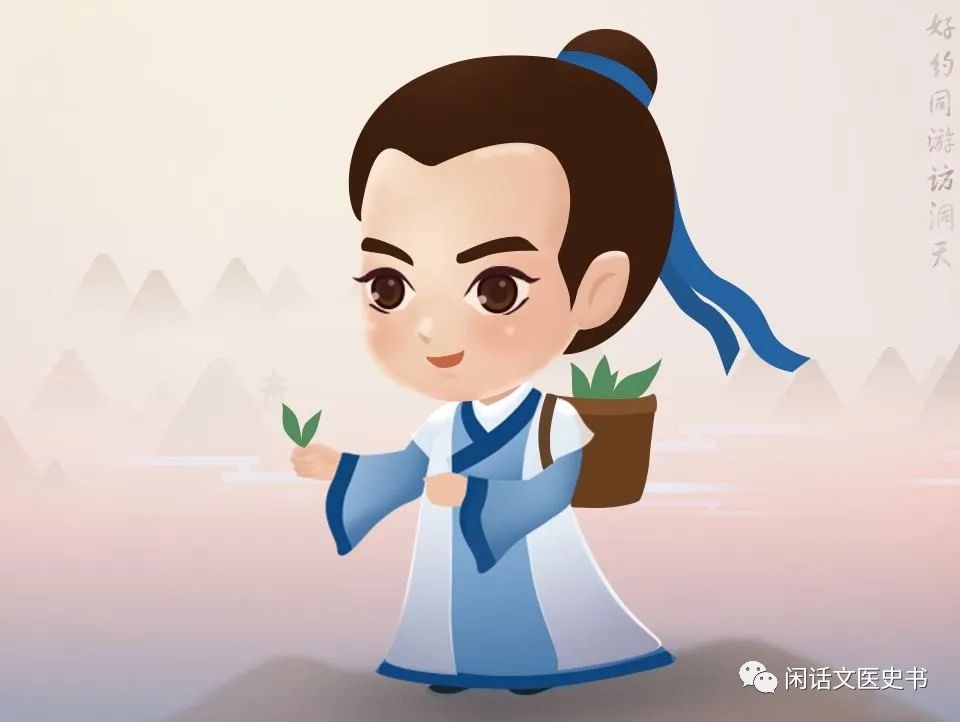
2022.10.23 Written in Beijing

